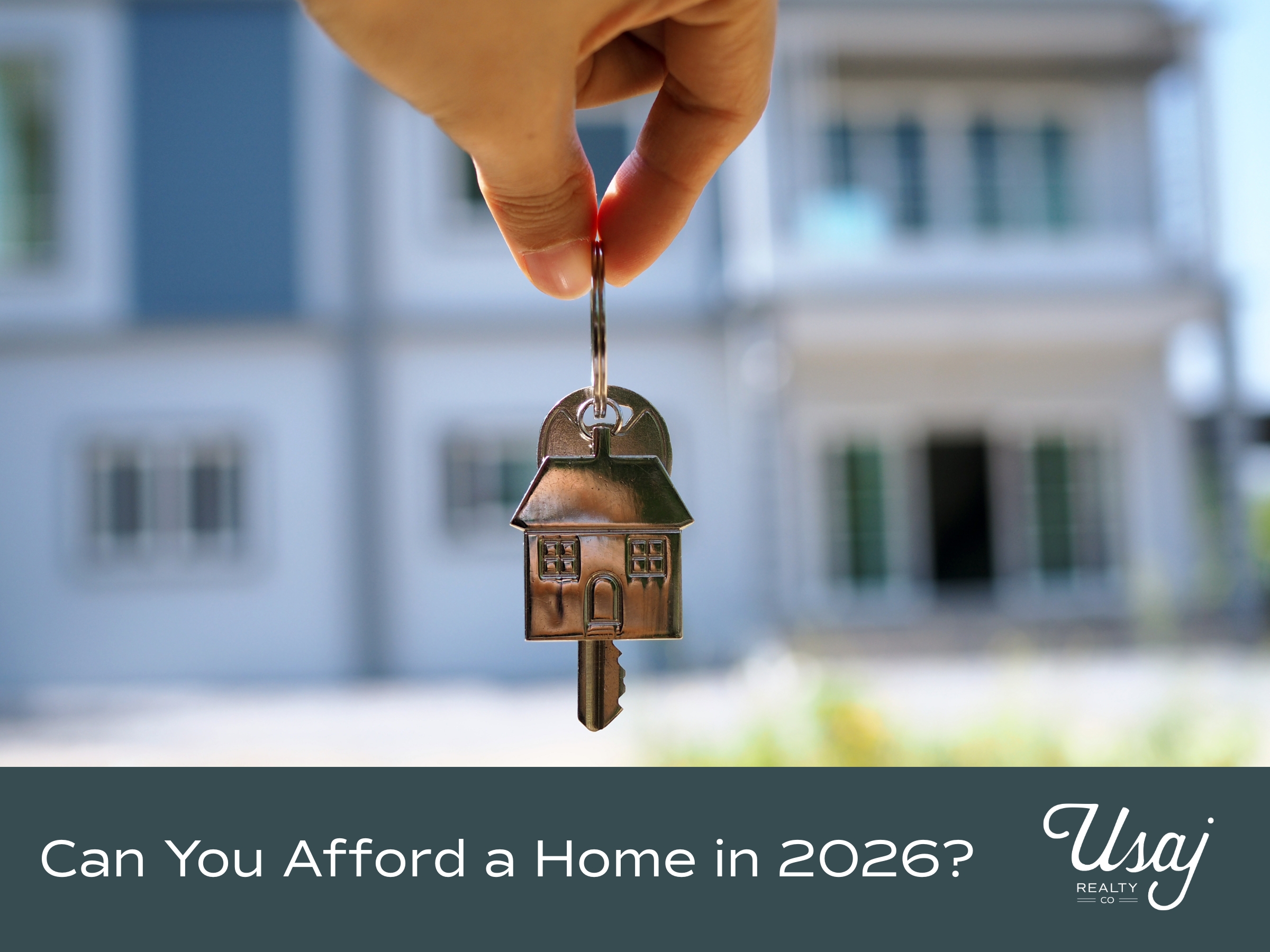Capital gains tax may not be a four-letter word but it has the same connotation.
That damn Uncle Sam wants a piece of the profit if you’ve invested wisely in real estate.
It goes without saying, you want top dollar when you sell your home. However, that monetary benefit also comes with consequences. In other words, be careful what you wish for. When you ultimately go to the closing table, the difference of what you initially paid and for how much you sold your home will be calculated. If your gain is above a certain threshold, you may have to pay capital gains.
While death and taxes may be a fact of life, you may be able to sidestep the capital gains part, depending upon when you got into the market and whether the house is your primary residence or not.
The House Must Be Your Primary Residence
To avoid capital gains taxes, the first requirements is that the house must be your primary residence and you have to have owned it for at least two years (they don’t have to be consecutive years). If the house is an investment property that you’ve been renting out, you must show that you’ve lived in it for two years. Otherwise, you may want to look into the benefits of a 1031 exchange.
IRS Exclusions Based on How You File Your Taxes
The IRS typically allows you to exclude to $250,000 of capital gains if you’re single; $500,000 if you married or file jointly. Furthermore, home improvements over the years count towards the cost basis of the home. Remodels, expansions, new windows, landscaping, air conditioning installs, new roof, are all examples of improvements that cut capital gains tax. Therefore, it’s important to keep all your receipts and records of home repairs and upgrades.
Sometimes, exceptions are granted by the IRS if you’ve had to sell your home before the two year rule. Some of these exceptions include unforeseen health or work situations. Check with your accountant and the IRS to make sure your situation qualifies for special consideration.
Example of Not Owing Capital Gains Tax
Here’s an example of determining if you owe capital gains taxes. You and your spouse bought your Denver home 15 years ago for $300,000. While you lived in the home, you added $200,000 worth of improvements and upgrades. You recently sold the house for $900,000. In this case scenario, you would not owe capital gains because of the married exclusion of $500,000 plus the $200,000 worth of improvements give you a $700,000 cushion, which would have allowed you to sell your home up to $1 million without any tax consequences.
Example of Owning Capital Gains Tax
Now, let’s say you decided to move to the mountains and bought a fabulous move-in ready house with a great view for $900,000. Three years later, you decide the winters were too much, and decide to sell. Someone buys your place for $1.2 million, a gain of $300,000. However, the exclusion for you as a single person is $250,00 so you’re on the hook for $50,000 since no improvements were made to the property in your short time there.
Your capital gains will be based on your tax bracket. For example, those in the 25-35% tax bracket would pay a capital gains tax rate is 15% on $50,000 = $7,500.
Conclusion
As you can see, it’s critical to keep records of all the improvements you’ve made to the property. Even if you’re not sure if something qualifies, keep the receipts and descriptions for your records.
Finally, make sure to provide your accountant with all the paperwork related to the sale of your home prior to the preparation of your taxes. The last thing you want is an IRS audit or other surprises down the road.




